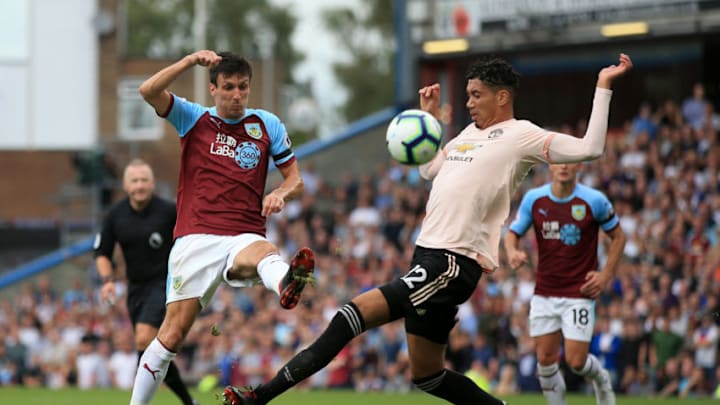There’s been lots of discussion about what will happen to the UK next year when it leaves the EU but what about the impact on the English Premier League?
While football is certainly not the most important concern of the politicians or of the majority of people, the English Premier League is actually an economic product that is exported and sold to many countries around the world.
If that product is damaged by Britain leaving, it will possibly threaten the incomes, jobs and livelihoods of more than just well paid footballers.
And what will be the consequences for the League itself as a product?
The English Premier League has been a phenomenal success story given where English football was when it was launched in 1992.
For those of us who remember that time, football was far from being the popular, almost fashionable product it is today.
Ravished by years of lack of investment in grounds and hooligan problems that at times meant almost weekly acts of violence, the game was certainly in the doldrums. There was also the blight of overt and nearly constant racism on the terraces too.
On top of all that there had been several major disasters that had cost many lives. Most notably the Bradford City fire and the Heysel stadium disaster, (both in the same month of May ’85), and then in 1989, Hillsborough.
And the game itself was dominated by teams often playing aggressively physical, tactically unsophisticated, long ball football.
This then was not a product that anyone but the most optimistic foresaw could become a multi-billion pound industry a few decades later.
The tragedy at Heysel before the 1985 European Cup Final and the subsequent European ban on English clubs and then the horrors of Hillsborough four years later, spurred the football authorities to seek ways to change the game for the better.
All-seater stadiums was one move that was made to create a safer, more family friendly atmosphere and there was a concerted effort to confront the racial abuse amongst some supporters.
And in 1992, after much wheeling and dealing, the top division of the Football League broke away to form the new FA Premier League. This move coincided with the founding of BSkyB, a new satellite broadcaster that promised the chance of greater revenue than terrestrial companies like the BBC and ITV.
Change was slow at first but gradually a new crop of outstanding foreign imports began to help alter the face, literally, of English football.
Players that went on to become legends such as Eric Cantona, Denis Bergkamp and Gianfranco Zola raised the profile and quality of English football as clubs splashed their new-found wealth on overseas talent.
And today the English Premier League is probably the most popular football league in the world and in terms of revenue anyway, the wealthiest.
But part of that success was the ease of access to players in Europe. Being a member of the EU meant that there were basically no legal obstacles to players from clubs in Spain, Italy, Germany or France moving to England.
The big wages on offer here tempted many players who might otherwise not have made the move.
Once the UK leaves that will surely change. If it becomes substantially more complicated and expensive to sign players from the EU countries, then that conveyor belt of foreign talent will start to dry up.
This is complicated by recent changes to the visa rules for players from outside the EU. In 2015 the FA made it more difficult for clubs to sign players from other areas like Africa, who didn’t meet stringent criteria for having represented their countries in international football.
So it’s possible that fewer of the game’s biggest, or emerging stars will come to England to ply their trade. And that will impact on the English Premier League’s popularity and it’s revenue abroad.
Maybe then the Premier League bubble will burst and in the short-term that will have profound consequences for the game. Premier League clubs are concerned about this and the impact Brexit will have on the game.
But there could, long-term, be an upside to all this. It might force Premier League clubs to give more chances to home-grown talent from their academies and youth teams.
That could also make the League a more competitive one, where money doesn’t dominate to quite the same degree. Certainly many clubs outside the much-hyped ‘top six’ would probably appreciate that.
